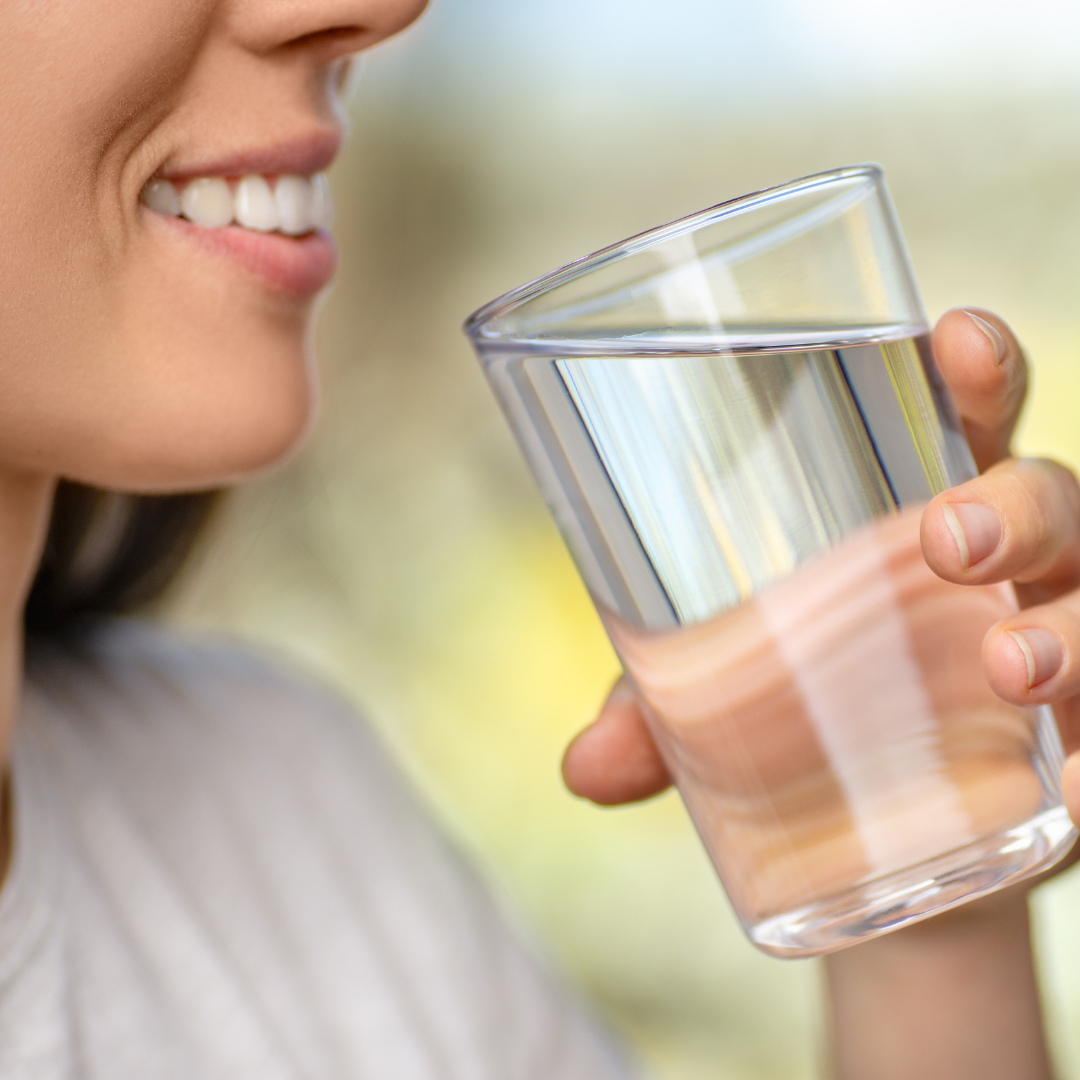Water retention, also known as edema, is a build-up of fluid in parts of the body. Water retention can affect the face, hands, feet, and ankles in addition to the legs, ankles, and feet.
Hormone changes, extended standing or sitting, pregnancy, long flights and consumption of too much salt can all cause the body to retain excess water. The body is made up mainly of water. Water makes up between 50 and 60 percent of your body, according to Trusted Source. Your body has a tendency to hold onto water when it is not well hydrated.
Edema can also be brought on by some significant medical conditions. Depending on the reason, you might be able to reduce edema by altering your diet or avoiding prolonged sitting.
A person who has retained water may feel heavier than usual, less agile, or less active. It can also cause :
- bloating
- puffiness
- swelling
A everyday occurrence, water retention is a prevalent health problem. A number of factors can cause it including:
Symptoms of water retention can include:
- weight fluctuations
- bloating, especially in the abdominal area
- swollen legs, feet, and ankles
- puffiness of the abdomen, face, and hips
- stiff joints
- indentations in the skin, similar to what is seen on the fingers when in the bath or shower for a long time
Causes of water retention:
Water retention can result from a variety of circumstances, including:
- Consuming too much sodium: Using a lot of table salt or ingesting processed foods and soft drinks.
- Menstrual changes and fluctuating hormones
- Pregnancy: The shift in weight during pregnancy can cause the legs to retain water if not moving around regularly.
- Medications: Some medications have water retention as a side effect. These include:
- chemotherapy treatments
- over-the-counter (OTC) pain relieversblood pressure medications
- blood pressure medications
- antidepressants
- Standing or sitting too long: Gravity keeps blood in lower extremities. For the blood to continue to flow, it is imperative to frequently stand up and move around. (especially in sedentary jobs)
- Flying in an airplane: Changes in cabin pressure and sitting for an extended period of time may cause body to hold on to water.
- Weak heart: A weak heart that can’t pump blood well can cause the body to retain water.
Complications:
Persistent water retention could indicate a dangerous condition like:
- deep vein thrombosis
- pulmonary edema, or fluid build-up inside lungs
- fibroids in women
You should seek medical attention if your body doesn’t balance itself out on its own.If you need any of the following to reduce your water retention, your doctor can decide.
Remedies for water retention include:
- Follow a low-salt diet
Strive to keep your daily salt consumption to no more than 2,300 mg. Decrease the consumption of processed and packaged foods as they have high sodium content. Try adding less salt and instead add spices to flavour vegetables and lean proteins.
- Add in potassium- and magnesium-rich foods
They will help balance out sodium levels. Examples include leafy vegetables, such as spinach, tomatoes, sweet potatoes, bananas.
- Take a vitamin B-6 supplement
According to a study vitamin B-6 significantly helped with premenstrual symptoms like water retention.
- Adequate protein intake
Protein attracts water and keeps the body balanced. A protein called albumin keeps fluid in the bloodstream and prevents it from leaking out and causing swelling.
- Keep the feet elevated
Elevating feet can help move the water upward and away from lower extremities.
- Wear compression socks or leggings
Compression socks are available at athletic clothing stores and many online sites. Compression socks are made to fit tight. The purpose of compression apparel is to squeeze legs and prevent fluid from accumulating.
- Seek your doctor’s help if your problem persists
The doctor may prescribe a diuretic medication to increase frequency of urination.
Conclusion
If you normally retain water, you can still be healthy. It’s a common health issue. Its adverse effects are typically limited to the sensation of weight gain and tighter-than-normal clothing. If the feel concerned about the symptoms, consult the doctor or see your health expert or speak to a Nutritionist to modify your diet and make lifestyle changes for water retention.







